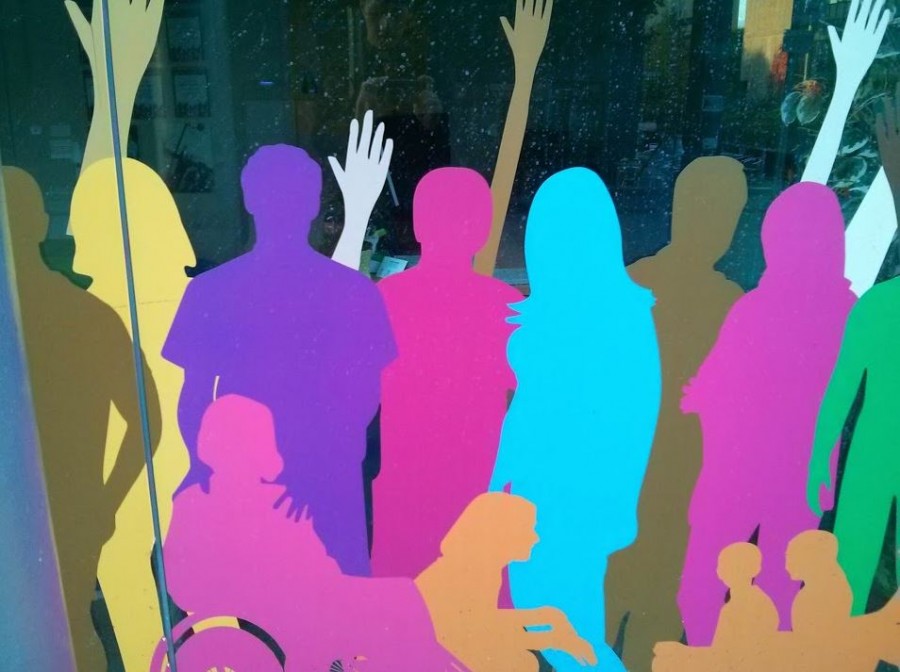Prisoner voting rights: what should Catholics think?

In the UK there is a ban on all prisoners from voting in elections. This applies to all prisoners who have been convicted, i.e. are not on remand awaiting trial or detained without conviction in psychiatric hospitals. The ban includes European, Parliamentary or local elections and any referendums that might be held, such as on Scottish independence, while a person is imprisoned. The ban applies whether a prisoner has 30 years or three days left on their ‘tariff’, the minimum period that must be served in jail before a consideration of release will be made. It applies whether the crime committed was one or violence, dishonesty or gross negligence: all that matters is that someone has done something so heinous (or something minor so often) that they have been sentenced to a period of imprisonment.
The ban has been around for a long time: it was codified by Parliament in the Forfeiture Act 1870 but existed before then as an aspect of ‘civic death’, the belief that a prisoner lost all status flowing from their membership of society. It has widespread democratic support, and Parliament has repeatedly voted in favour of the ban. Its current incarnation is in section 3 of the Representation of the Peoples Act 1983 and even after the European Court of Human Rights declared the blanket ban a disproportionate infringement on the right to free and fair elections, MPs voted 234 to 22 in favour of the status quo.
Caritas Social Action Network, which describes itself as the “social arm of the Catholic Church in England and Wales”, recently held debates on whether the blanket ban should be lifted at the 2013 Labour and Conservative Party Conferences. I spoke at the latter, arguing that the blanket ban should be maintained. Here are some of the reasons why.
Serious crime requires proper punishment, and absent the death penalty prison is the most severe punishment society has. If someone does something so wrong they are sentenced to prison, they lose their liberty and suffer restrictions on all the attendant freedoms that go with it. In legal terms this means their fundamental rights are qualified: a prisoner cannot express himself, assemble with others, have a private life and family or practise their religion behind bars to the same extent as they can outside of prison. Voting is merely another one of these freedoms and can be qualified in the same way. That qualification – the ban – is particularly appropriate and proportionate given the prisoner has repudiated fundamental norms of citizenship. It has overwhelming democratic support through our representatives in Parliament.
So what should a Catholic think of this? The Bible is silent on the matter, as are Papal encyclicals. The nearest I can find is Pope John Paul II in Centisimus Annus: “The church respects the legitimate authority of the democratic order and is not entitled to express preferences for this or that institutional or constitutional solution. Her contribution to the political order is precisely her vision of the dignity of the person revealed in all its fullness in the mystery of the Incarnate Word” (para.47).
Voting is not a core right in the European Convention of Human Rights or any other (it is merely appended in a protocol and, in my view, creates an obligation on a state to hold free and fair elections that cannot be interpreted as granting a universal franchise). To that extent, voting is a constitutional right and not a human right. Human rights affix to aliens and natives alike from conception through until death; constitutional ones do not. Hence children can be forbidden from voting, but not from expressing their faith (at least, not without strict scrutiny of the measure restricting that expression).
CSAN and the Catholic Bishops’ Conference disagree. In July this year they published a joint paper as a submission to a Parliamentary committee which is considering options to the blanket ban for all prisoners; the alternatives include allowing prisoners serving six months or less or four years or less to vote. As well as taking issue with my arguments above, the paper points to the rehabilitative function of imprisonment; this includes educating prisoners to become participating citizens through exercising the vote. To that extent, voting is seen as a core human right and the mere fact of imprisonment is insufficient to remove this right automatically. CSAN also highlights the dangers in Parliament ignoring deliberately the ruling of the European Court of Human Rights, whose judgments have forced the Government into reconsidering the ban on various grounds.
Balancing these competing claims within the four traditional principles of Catholic social teaching is difficult. The common good, solidarity, subsidiarity and human dignity are contested notions, so this is largely a prudential question for policy-makers and the courts rather than a matter of fundamental principle.
What do you think?

















My gut feeling (for what it’s worth) is no. There doesn’t seem to be any strong reason to change the status quo. I can’t imagine that there are many people lying awake at night in prison because they can’t vote, so it just seems like a bit of a stunt to me. I would have more sympathy for 16 and 17 year olds who work and pay tax but can’t vote.